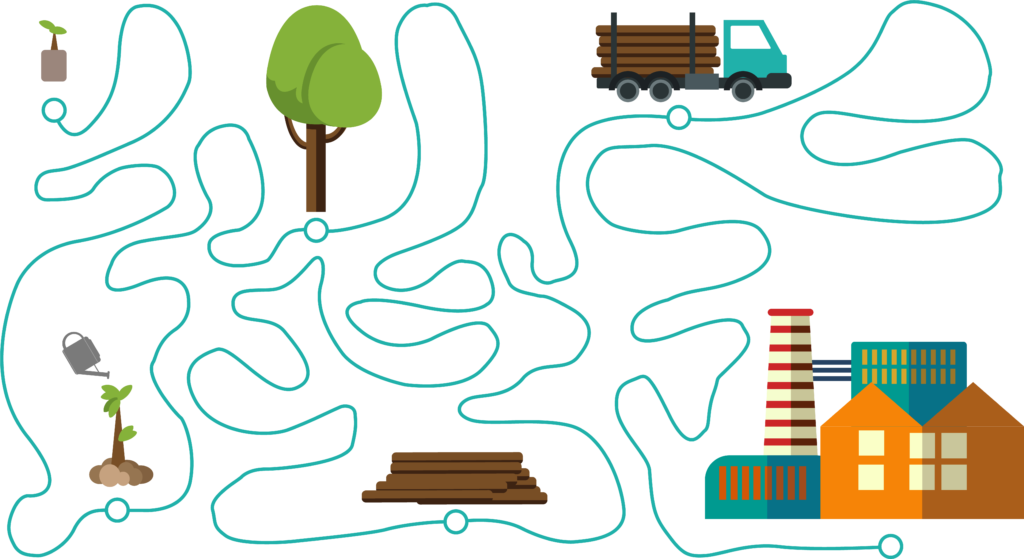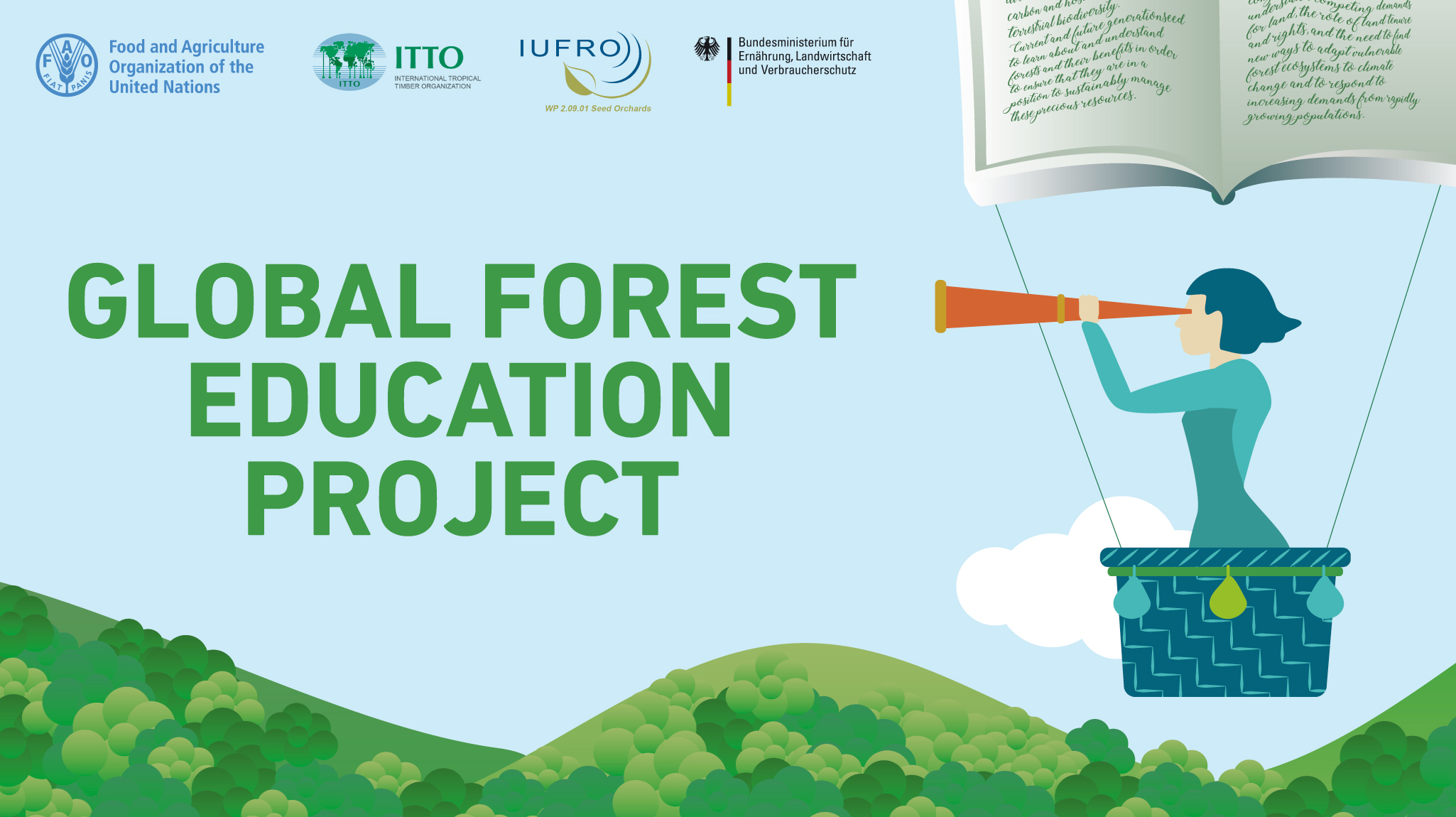About LSSC
Following several years where many citizens in industrialized countries saw tropical forest management and the use and trade of tropical forest products as major causes of forest degradation, deforestation and illegality, we now observe an increased awareness and recognition of the unique and multiple roles that tropical forests play in mitigating climate change and producing the multiple forest products and services we need, including wood as the most environmentally friendly material, clean water and biodiversity.
The latest IPCC Special Report makes it very clear: without massive investment efforts in landscape restoration, including productive forests, and the use of forest-based products as part of an effective circular economy, there is little chance of keeping the global temperature increase within the UNFCCC target of 1.5˚C.
However, we also have to acknowledge the potential and real tradeoffs between feeding the rapidly growing global population and providing it with sufficient forest goods and services. Global trends in production, consumption and trade indicate not only rapidly growing needs for food but also for wood and forest products which should come from legal and sustainable sources. Recent research shows an alarming trend (especially in Africa) which indicates a dramatic gap between supply of and demand for roundwood, wood-based energy and other forest products as the graphic below shows.

Source: Compiled using data from tables 5, 8, 9 and 10 in The Role of Forests in a Green Economy Transformation in Africa (UNEP/UN-REDD/IIED 2015).
At a global scale, this annual supply gap could be as high as 6 billion m3 of wood in 2050 if not addressed by massive investments in forest landscape restoration, sustainable forest management and production as well as in conservation of unique high conservation value forests. Because of its high correlation with population growth, food security and wood security, therefore must be addressed with the same degree of urgency in global development, poverty alleviation, and climate and biodiversity policies.
The effective tackling of climate change can be amplified through the increased removal of CO2 from the atmosphere in the carbon pools of tropical forests and harvested wood products which can be achieved through legal and sustainable supply chains. Promoting sustainable management of forests and forest landscapes and production of wood and other forest products in tropical countries will lead to less deforestation and forest degradation, and thereby reduced CO2 emissions. Healthy forests managed with sustainable cutting limits to maintain species diversity will also support maintenance of forest biodiversity.

ITTO is developing a programmatic approach to address this key issue, entitled “Legal and Sustainable Supply Chains (LSSC) of Tropical Wood and Tropical Forest Products”, aimed at assisting governments in building enabling institutional and policy frameworks for promoting legal and sustainable supply chains and enabling business conditions for actors who operate in such chains. ITTO is currently implementing a pilot initiative on the LSSC, which focuses, amongst others, on capacity building and technical training for SMEs, connecting the forests to the markets with special attention to forest and industry practitioners with a strong focus on future phased-in needs in order to meet current sectoral challenges.
Online learning course on LSSC
Over the last several years various international for a have raised concerns, that education dealing with forests is often insufficient, deteriorating and outdated, leading to a lack of awareness and understanding of forests and thus failing to meet to the needs of current and future generations who lack an awareness and understanding of forests.
Furthermore fewer young people are studying forestry at university or college, and when it is offered, forestry education has often not evolved from an outdated disciplinary approach that, fails to take into account the multi-functional role of forests. Even fewer primary and secondary educational institutions include forestry relevant topic in their changing curricula.
A new education approach is necessary to address these challenges, initiate new activities and bring together all relevant stakeholder to jointly accelerate and upscale actions at all levels, building on recent experiences, ongoing activities and existing initiatives and mechanisms. Forestry education must be designed to be practical and attractive for younger generations to enroll and enable them to compete with other prevalent educational fields.
In response to the above concerns, International Tropical Timber Organization (ITTO) is currently running a project entitled “Creation of a Global Forest Education Platform and Launch of a Joint Initiative under the Aegis of the Collaborative Partnership on Forests (CPF)” which is led by The Food and Agriculture Organization (FAO), and in collaboration with the International Union of Forest Research Organization (IUFRO). ITTO will contribute to output 6 of the project, producing an online learning course on Legal and Sustainable Supply Chains (LSSC). The project is funded by the German Federal Ministry of Food and Agriculture (BMEL).

